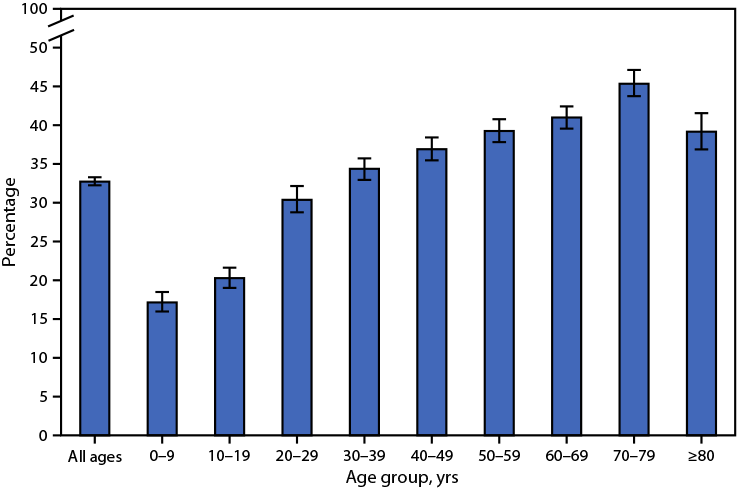Thanks for opening. Here are a few things I found this week. I hope everyone’s staying warm. And I dropped a post this week on the U.S. News’ fragile ranking ecosystem, ICYMI.
GoodRx leaks to Facebook
The Federal Trade Commission has accused GoodRx of sharing sensitive personal data on millions of users’ prescription medications and illnesses with Facebook and Google without authorization.
Another application luring folks in to a free product then scraping their personal information for sale. From Shoshana Zuboff in The Age of Surveillance Capitalism:
The titanic power struggles of the twentieth century were between industrial capital and labor, but the twenty-first century finds surveillance capital pitted against the entirety of our societies, right down to each individual member. The competition for surveillance revenues bears down on our bodies, our homes, and our cities in a battle for power and profit as violent as any the world has seen.
I’m not sure who we can trust now.
Telemedicine usage by age
Some quick stats via HHS’ Morbidity and Mortality Weekly Report. The percentage of persons who used telemedicine during the past 12 Months.
How United HealthCare works
For those who haven’t experienced insurance authorization for medication, this ProPublica piece is important. It details the plight of a young man with ulcerative colitis. On twitter there was no shortage of pearl clutching and disbelief, as if this was something new. But seeking approval for biologics on behalf of my sick kids with IBD now occupies much of my time as gastroenterologist.
Oh, and the CEO of United takes home $140 million a year.
“My Apple Watch thinks I’m dead”
Dispatchers for 911 are being inundated with false, automated distress calls from Apple devices owned by skiers who are alive. I thought they fixed this after the roller coaster issue.
Spotify founder getting into body scans
Spotify founder Daniel Elk has a new startup: full body scans for health prevention. It claims it will be able to non-invasively gauge everything from blood pressure to irregularities in blood flow and skin conditions.
I suspect this isn’t going to end like Spotify.
Airplane toilets as the next COVID bellwether
Airplane bathrooms are not most people’s idea of a good time. They’re barely big enough to turn around in. Their doors stick, like they’re trying to trap you in place. That’s to say nothing of the smell. But to the CDC, those same bathrooms might be a data gold mine…the agency has been speaking with Concentric, the public-health and biosecurity arm of the biotech company Ginkgo Bioworks, about screening airplane wastewater for COVID-19 at airports around the country.
What we can learn from Wille Coyote
Cartoons give us life lessons if we pay attention.
There are so many obvious points of identification with the Coyote. The futility of the quest, the intensity of the effort, the amount of bald scheming and the utter dejection at every, very predictable failure.After some reflection (a polite way to refer to literally hours of cartoon-watching), I think what I admire the most is that the Coyote left it all on the floor, every single time
A slime mold powered smart watch
(I need one of these) From the University of Chicago, a slime mold powered smart watch. The slime mold is fed with a mixture of water and oats it grows to the other side of the watch enclosure forming a closed circuit that activates the heart rate monitor function. If the mold is ignored, it goes dormant and the circuit is cut off.
The slime watch was inspired by the Tamagochi, a Japanese toy that became an international phenom during the 1990s.
The Tamagochi was an egg-shaped device that allowed users to take care of a digital pet by feeding, training and disciplining it. If not given enough attention, the pet would die, and players would have to start over. It was immensely popular in the 1990s and early 2000s and is still available today.
Subscribe to ChatGPT
You can now subscribe to OpenAI’s ChatGPT. I’m in.
Thanks again for being a subscriber. As always, pass this along if you can.




